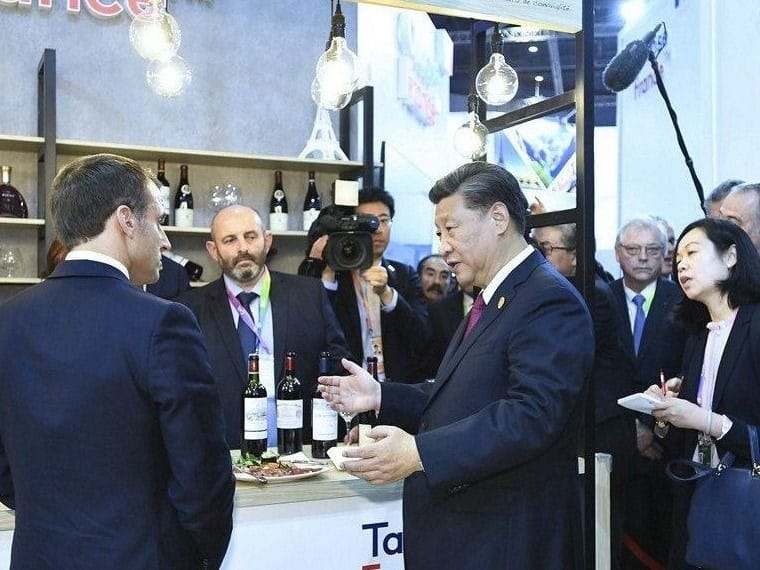PARIS (AN) — French President Emmanuel Macron and Chinese President Xi Jinping called for more global cooperation on climate change, biodiversity and trade, just days after U.S. President Donald Trump began the process of withdrawing from the 2015 Paris Agreement.
The two leaders' "Beijing Call for Biodiversity Conservation and Climate Change," a joint proposal on Wednesday expressing irreversible support for the landmark Paris climate treaty, accompanied similar shout-outs for the World Trade Organization, or WTO, and 2015 Iran nuclear deal. They also signed $15 billion in trade deals during the French president's visit to China this week.









